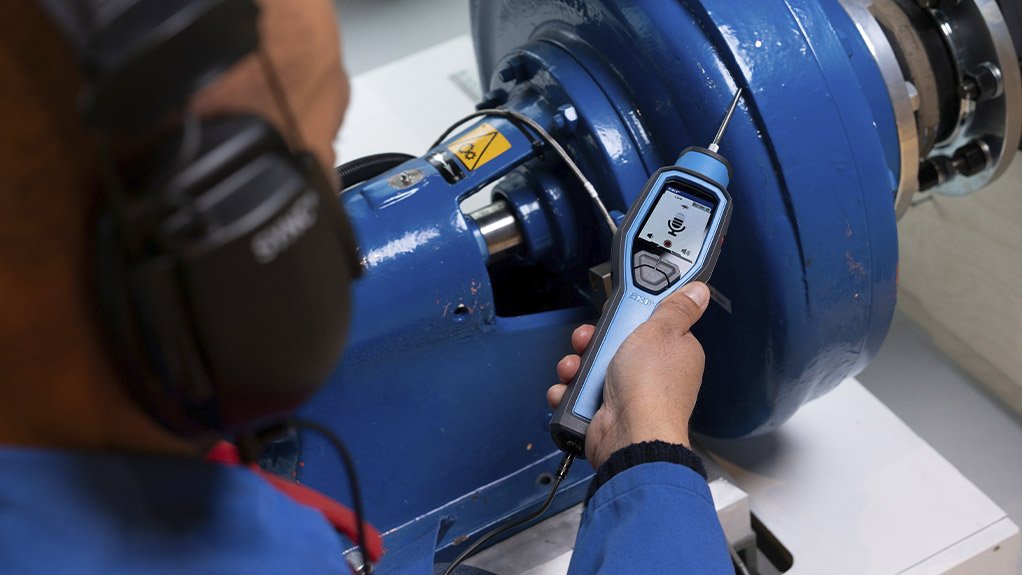

Early detection through noise monitoring
Monitoring noise in industrial equipment and machine components allows for the early detection of errors and preventative maintenance in machinery.
The SKF TKST 21 stethoscope can be used for noise monitoring in a range of industry sectors including power plants, automotive, recycling, materials handling, food and beverage and paper mills.
The hand-held instrument includes a headset with an adjustable ten-level volume control, two probes of differing lengths (70 mm and 300 mm) for access to hard-to-reach areas, two alkaline batteries and an instruction manual, all packed inside a sturdy carry case for portability, handling and storage.
The stethoscope can pick up noise in a range of components such as bearing housings, gears, valves, vents and pumps. The device picks up noises such as damaged bearings and balls, damaged inner and outer rings, ash contamination and cavitation, valve chatter, tappet noise and piston slap.
Once the acoustic data, or noise, is captured by the probe, the recorded audio is transmitted to a sensor, converted into an electrical signal, processed and amplified, and then fed to the headset or a recorder. Operators can listen in live mode through the noise cancelling ear defender-approved headset or record the sounds for replay and comparison with the live sound.
“The excellent sound quality enables the operator to identify the sound of problematic parts reliably, clearly and accurately, even in extremely noisy environments,” notes SKF South Africa business development manager: maintenance products Eddie Martens.
The device is designed to be lightweight for convenient one-hand operation and a large, backlit colour display facilitates viewing. The settings menu allows for easy navigation through a host of functions such as changing the display brightness, switching the volume limiter OFF, or muting the device. The instrument operates in a frequency range of 30 Hz to 15 kHz and is designed to perform optimally in temperature extremes of -10 °C to 45 °C and the battery lasts ten hours during continuous use.




